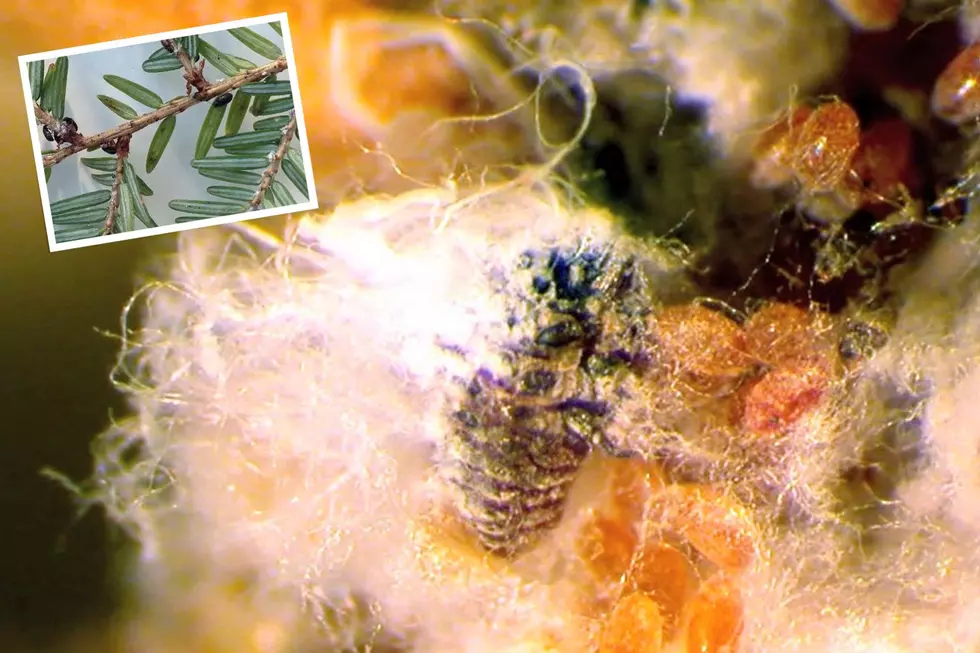
Tree Killer Found in Michigan: Invasive Species Threatens Forests
Michigan is one of the country's finest destinations for summer fun, attracting millions of tourists worldwide each season. These visitors bring valuable tourism dollars, but they also act as transport for deadly invasive species imported from other countries or states. One of these tree-killing interlopers, the hemlock wooly adelgid, has just been found in a seventh county in Michigan.
Related: Michigan Invasive Species Has Potential to Explode in Population
MLive reports that a private landowner in Antrim County, near Torch Lake, has reported the hemlock wooly adelgid, which the Michigan Department of Agriculture and Rural Development has confirmed. This is the seventh county where these hemlock-killing bugs have invaded since entering the state. Infestations have already been verified in Allegan, Benzie, Mason, Muskegon, Oceana, Ottawa, and Washtenaw counties.
Identifying and Stopping the Spread of Hemlock Wooly Adelgids in Michigan
The hemlock wooly adelgid originally came to the United States from Asia. Its favorite snack is hemlock trees, of which Michigan has an estimated 170 million. Michigan's hemlock trees are crucial to sustaining the state's natural habitat, as they provide shelter during the harsh winters and food for native species.
Related: Michigan DNR Invasive Species Watchlist: Northern Snakehead
The hemlock wooly adelgid's egg sacs are tiny, white, cotton-like masses no more than 1/16" to 1/4" in size. They are found on Michigan hemlock trees at the base of their needles on the underside of the tree's branches. Though active year-round, they are at their most visible November - July.
If left to spread, the hemlock wooly adelgid can devastate Michigan's hemlock trees and upend the state's food chain and shelter for our native animals. If you think you've spotted this tree assassin, take some pictures, note the location to the best of your ability, and report the sighting to one or all of the following:
- Download the Midwest Invasive Species Information Network App and report it from your phone
- Use the Midwest Invasive Species Information Network website to report the sighting online
- Email the information to the Michigan Department of Agriculture and Rural Development, MDA-Info@michigan.gov
The only way to protect our state forests is to remain on the lookout for these and other Michigan invasive species that threaten our state's environment.
The Deadly 7: Michigan's Most Venomous and Poisonous Threats
Gallery Credit: Scott Clow
Plant Some Of These In Your Garden to Keep Mosquitoes Away
Gallery Credit: Michelle Heart
Quiz: Do you know your state insect?
Gallery Credit: Andrew Vale
